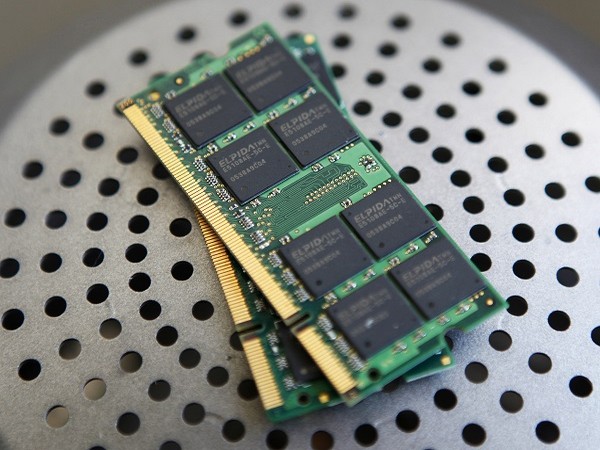
New Delhi: Providing a major boost to the semiconductor manufacturing in India, Prime Minister Narendra Modi announced that technology firms will be given 50 per cent financial assistance for setting up semiconductor manufacturing facilities in the country.
The Indian Prime Minister assured that the country is weaving the entire ecosystem for the semiconductor industry.
"We were offering incentives as part of the Semicon India programme. It has been increased, and now technology firms will get 50 per cent financial assistance to set up semiconductor manufacturing facilities (in India)," PM Modi said.
Part of this plan involves revamping engineering curricula to offer specialised courses focused on semiconductors in over 300 colleges across the nation, and foster a “semiconductor ecosystem” in the country.
At the SemiconIndia Conference 2023, India aggressively demonstrated its proactive approach to semiconductor development. External Affairs Minister S. Jaishankar emphasised that India’s semiconductor mission extends beyond meeting domestic demand. The country instead aspires to be a significant global supplier in this crucial technology domain, with strategic collaborations with Quad partners—the US, Japan and Australia.
"Today the world is becoming witness to Industry 4.0. Whenever the world has passed through any such industrial revolution, its base has been the aspirations of the people of a particular region. The same relation was seen between the first industrial revolution and the American dream," he said.
"Today I see the same relation between the fourth industrial revolution and Indian aspirations," said PM Modi, who shared the dais with some world leaders of the semiconductor industry.
The PM said Indian aspirations are driving the country's development and have made it a nation that has rapidly eradicated extreme poverty and seen a fast rise of the "neo-middle class".
"Therefore, we are working on a wide roadmap together with our friendly countries. We are taking special efforts to create a semiconductor ecosystem in India," he said, adding that the country recently approved the 'National Quantum Mission' and is going to introduce the Nation Research Foundation Bill in Parliament.
The National Quantum Mission aims to seed, nurture and scale up scientific and industrial research and development and create a vibrant and innovative ecosystem in quantum technology.
"For the semiconductor ecosystem, we are changing the engineering curriculum. India has identified more than 300 big colleges where courses will be offered on semiconductors. It is expected that in the next five years, we will have more than 1 lakh design engineers. India's continuously growing startup ecosystem will also provide strength to the semiconductor sector," PM Modi said.
Underscoring that electricity is required for this sector, PM Modi said the country's installed solar power capacity has multiplied 20 times in the last decade.
India has already started with India Semiconductor Mission (ISM) is a specialized and independent Business Division within the Digital India Corporation that aims to build a vibrant semiconductor and display ecosystem to enable India’s emergence as a global hub for electronics manufacturing and design.
The vision of ISM is to build a vibrant semiconductor and display design and innovation ecosystem to enable India’s emergence as a global hub for electronics manufacturing and design in a more structured, focused, and comprehensive manner through various mechanisms
It aims to formulate a comprehensive long-term strategy for developing semiconductors & display manufacturing facilities and semiconductor design ecosystem in the country in consultation with Government ministries / departments / agencies, industry, and academia.
The ISM wants to facilitate adoption of trusted electronics through secure semiconductors and display supply chain, including raw materials, specialty chemicals, gases and manufacturing equipment.